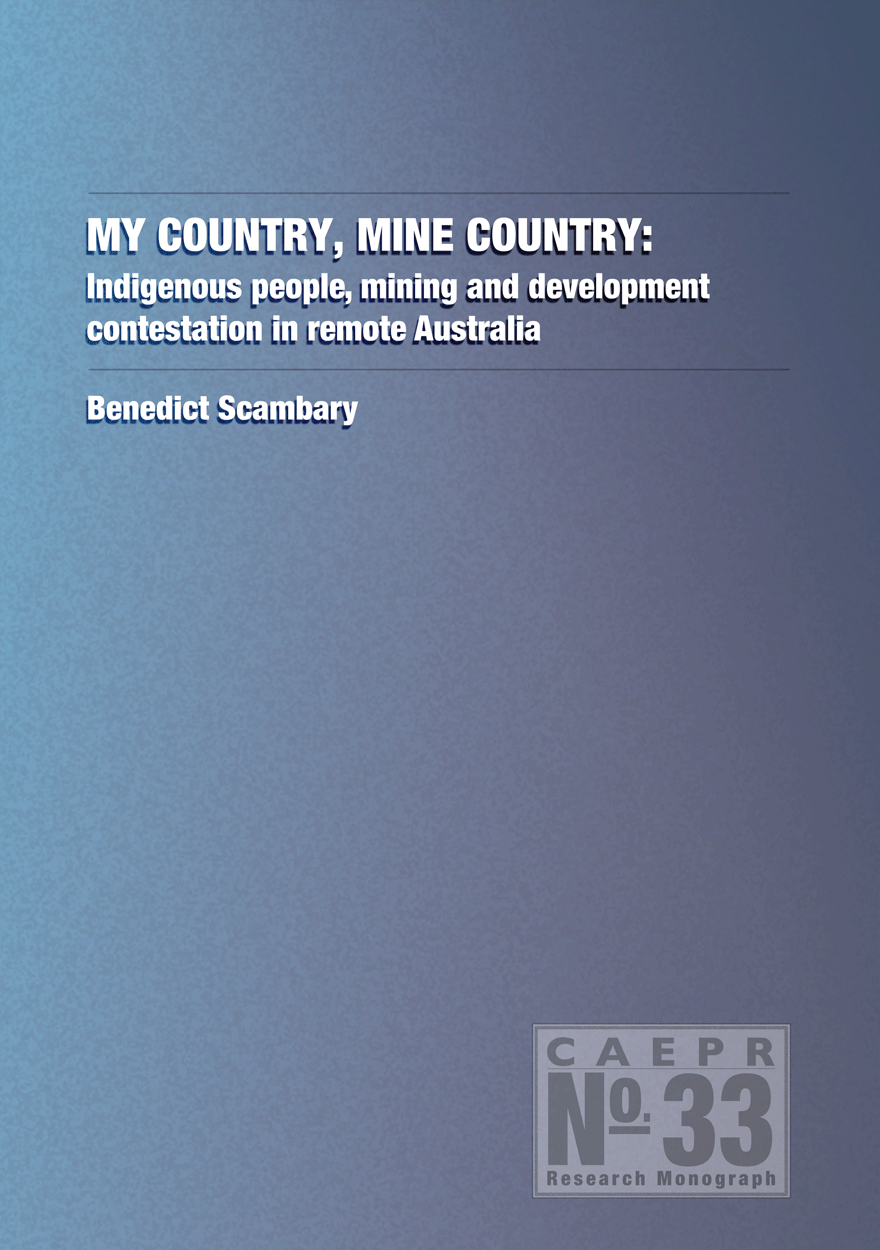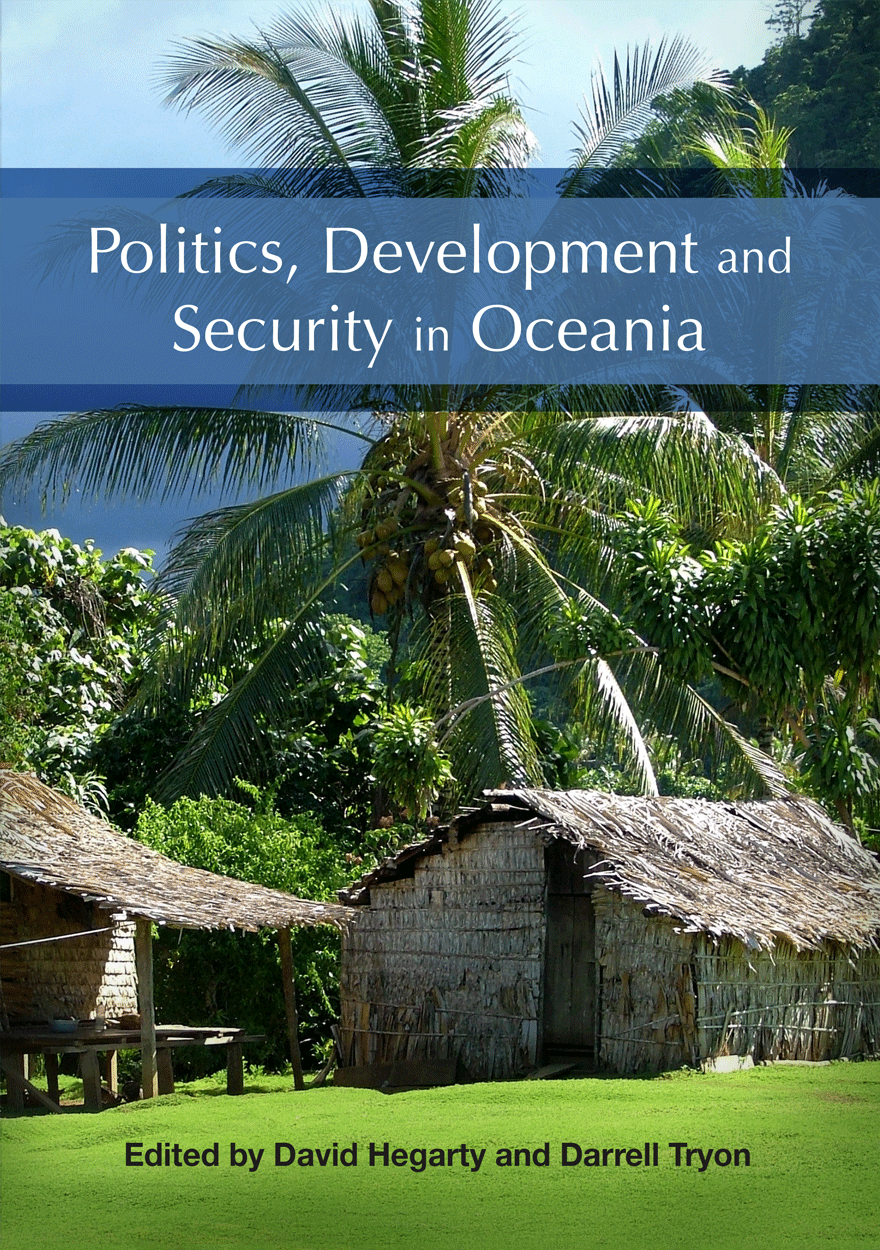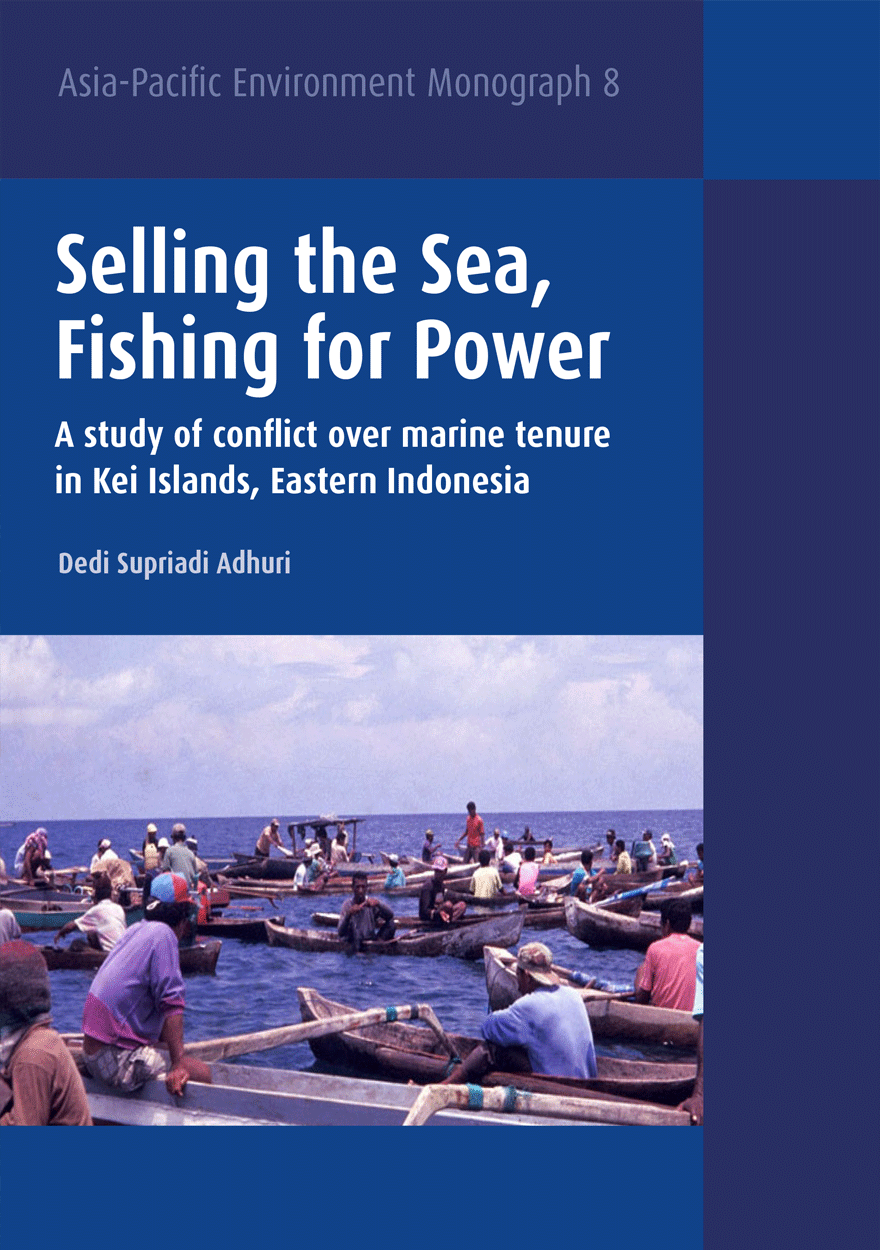Search titles
Displaying results 181 to 190 of 358.

A New Idea Each Morning »
How food and agriculture came together in one international organisation
Authored by: Wendy Way
Publication date: May 2013
In the years between the two world wars of the twentieth century leaders in Western countries worried about a food surplus. The hardships of the Great Depression were intensified by a glut of wheat and consequent low prices on the world market. Yet at the same time nutrition scientists protested that significant proportions of populations, even in affluent countries, were unable to afford a diet ‘adequate for health’. Fresh fruits, vegetables, dairy products and meat were out of reach for the poor.
This book traces the work of three men who sought to bring together the interests of farmers and the needs of the hungry: scientist and passionate campaigner for better nutrition, John Boyd Orr; Australian politician and international statesman, Stanley Melbourne Bruce; and Economic Adviser to Bruce at the Australian High Commission in London, Frank Lidgett McDougall. Bruce once said ‘McDougall brings me a new idea every morning’. One of those ideas became the genesis of their work, which helped bring about the formation of the Food and Agriculture Organization of the United Nations in 1945. All three undertook significant roles in the formative years of the organisation.
The story of this contribution to the international world order is little known. The cooperation, diplomacy and persistence of these men provides inspiration for tackling the alarming prospect of food shortages in the present century.

Securing Village Life »
Development in Late Colonial Papua New Guinea
Authored by: Scott MacWilliam
Publication date: May 2013
Securing Village Life: Development in Late Colonial Papua New Guinea examines the significance for post-World War II Australian colonial policy of the modern idea of development. Australian officials emphasised the importance of bringing development for both the colony of Papua and the United Nations Trust Territory of New Guinea. The principal form that development took involved securing smallholders against the tendencies of other forms of capitalist development that might have separated households from land. In order to make household occupation of their holdings more secure and at higher standards of living, the colonial administration coordinated and supervised increases in production of crops and other agricultural produce.
Contrary to suggestions that colonial policy and practice ignored indigenous agriculture and concentrated on plantation crops grown by international firms and expatriate owner-occupiers, the study shows how the main focus was instead upon increasing smallholder output for immediate consumption as well as for local and international markets. Simultaneously development stimulated increases in consumption, including of goods produced through manufacturing processes and imported into the colony.
Only as Independence approached was the pre-eminence of the earlier focus upon smallholders weakened. In part the change occurred due to the political advance of the indigenous capitalist class and their allies seeking to extend their base in largeholding agriculture and related commercial activities. This advance and the uncertainty over which form of development would prevail once indigenes held state power in post-colonial Papua New Guinea stood in marked contrast to the definite direction pursued under the colonial administration of the 1950s and early 1960s.

My Country, Mine Country »
Indigenous people, mining and development contestation in remote Australia
Authored by: Benedict Scambary
Publication date: May 2013
Agreements between the mining industry and Indigenous people are not creating sustainable economic futures for Indigenous people, and this demands consideration of alternate forms of economic engagement in order to realise such ‘futures’. Within the context of three mining agreements in north Australia this study considers Indigenous livelihood aspirations and their intersection with sustainable development agendas. The three agreements are the Yandi Land Use Agreement in the Central Pilbara in Western Australia, the Ranger Uranium Mine Agreement in the Kakadu region of the Northern Territory, and the Gulf Communities Agreement in relation to the Century zinc mine in the southern Gulf of Carpentaria in Queensland.
Recent shifts in Indigenous policy in Australia seek to de-emphasise the cultural behaviour or imperatives of Indigenous people in undertaking economic action, in favour of a mainstream conventional approach to economic development. Concepts of ‘value’, ‘identity’, and ‘community’ are key elements in the tension between culture and economics that exists in the Indigenous policy environment. Whilst significant diversity exists within the Indigenous polity, Indigenous aspirations for the future typically emphasise a desire for alternate forms of economic engagement that combine elements of the mainstream economy with the maintenance and enhancement of Indigenous institutions and ‘livelihood’ activities. Such aspirations reflect ongoing and dynamic responses to modernity, and typically concern the interrelated issues of access to and management of ‘country’, the maintenance of Indigenous institutions associated with family and kin, access to resources such as cash and vehicles, the establishment of robust representative organisations, and are integrally linked to the derivation of both symbolic and economic value of livelihood pursuits.

Politics, Development and Security in Oceania »
Edited by: David Hegarty, Darrell Tryon
Publication date: April 2013
The chapters in this volume canvass political change and development across the Pacific Islands from a variety of perspectives, each contributing to the analysis of a region growing in complexity and in confidence. They fall neatly into three sections: Oceania and its Inheritance; Oceania – Current Needs and Challenges; and Oceania and its Wider Setting.
The new states of the Pacific have demonstrated considerable resilience, and in many cases, an extraordinary capacity to bounce back from difficulty and to maintain optimism for the future. The continuing professionalisation of public management across the region is building on that tradition. The growth of civil society organisations is also beginning to play a positive role in policy and implementation. Donors are becoming more coherent in their strategies, more attuned to the realities of generating development outcomes in small island states, and are beginning to acknowledge and map progress.
This book explores these themes of governance, development and security that signal both continuity and change in the Pacific’s pattern of islands.

The Governance of Common Property in the Pacific Region »
Edited by: Peter Larmour
Publication date: March 2013
In a region where mining, forestry, fish and other primary resources are so basic to income, employment and national prosperity, an understanding of rights to land, water and minerals is fundamental. Tenure regimes in the Asia-Pacific region are vastly more diverse and complex than in those of any other part of the world for comparable population numbers. These studies will overcome the simplistic misunderstandings that have obscured understanding in so many instances.
This book provides an up-to-date overview of the main patterns of indigenous property rights, particularly those held by corporate groups, in the South Pacific Forum region (Australia, New Zealand and the independent Pacific island nations) plus a valuable comparative chapter on Canada. It explores the relative success and failure of a variety of approaches to the management of these complex systems, and offers insights and suggestions for the amelioration of present and likely future stresses in the systems. It is a valuable contribution to the understanding of both governance and property, and to the effective sociopolitical development of the region.
- Ron Crocombe, Emeritus Professor, University of the South Pacific

Protection of intellectual, biological & cultural property in Papua New Guinea »
Edited by: Kathy Whimp, Mark Busse
Publication date: March 2013
Intellectual, biological and cultural property rights are a powerful and debatable topic. They offer the possibility for protection of rights to intangible resources, including the products of knowledge and creativity. The forces of globalisation have made this subject of immediate, international concern. Struggles for ownership of intellectual property occur between and within local and global arenas.
This book examines important questions which Papua New Guinea must ask in the development of intellectual property legislation. The chapters are written by specialists in the fields of medicine, law, the environment, music, genetics and traditional cultural knowledge.
The wise and creative protection of intellectual, biological and cultural property is important if Papua New Guinea is to successfully define and realise its future. This book is for all those interested in finding the best policies for protecting these rights wherever they may live and work.

Selling the Sea, Fishing for Power »
A study of conflict over marine tenure in Kei Islands, Eastern Indonesia
Authored by: Dedi Supriadi Adhuri
Publication date: March 2013
By analysing various conflicts, this book discusses the social, political, economic and legal attributes that are attached to the practice of traditional (communal) marine tenure. Selling the Sea pushes the discourse beyond the conventional approach which looks at marine tenure only as a means of resource management, and offers a more comprehensive understanding of what marine tenure is. For those working in the areas of marine resource management and fisheries, this book is a critical but also complementary reading to the conventional discourse on the issue.

East Asia Forum Quarterly: Volume 5, Number 1, 2013 »
Publication date: March 2013
East Asia Forum Quarterly grew out of East Asia Forum (EAF) online, which has developed a reputation for providing a platform for the best in Asian analysis, research and policy comment on the Asia Pacific region in world affairs. EAFQ aims to provide a further window onto research in the leading research institutes in Asia and to provide expert comment on current developments within the region. The East Asia Forum Quarterly, like East Asia Forum online, is an initiative of the East Asia Forum (EAF) and its host organisation, the East Asian Bureau of Economic Research (EABER) in the Crawford School of Economics and Government in the College of Asia & the Pacific at The Australian National University.
Download for free
Not available for purchase

East Asia Forum Quarterly: Volume 4, Number 4, 2012 »
Publication date: December 2012
East Asia Forum Quarterly grew out of East Asia Forum (EAF) online, which has developed a reputation for providing a platform for the best in Asian analysis, research and policy comment on the Asia Pacific region in world affairs. EAFQ aims to provide a further window onto research in the leading research institutes in Asia and to provide expert comment on current developments within the region. The East Asia Forum Quarterly, like East Asia Forum online, is an initiative of the East Asia Forum (EAF) and its host organisation, the East Asian Bureau of Economic Research (EABER) in the Crawford School of Economics and Government in the College of Asia & the Pacific at The Australian National University.
Download for free
Not available for purchase

Australia: Identity, Fear and Governance in the 21st Century »
Edited by: Juliet Pietsch, Haydn Aarons
Publication date: November 2012
The latter years of the first decade of the twenty-first century were characterised by an enormous amount of challenge and change to Australia and Australians. Australia’s part in these challenges and changes is borne of our domestic and global ties, our orientation towards ourselves and others, and an ever increasing awareness of the interdependency of our world. Challenges and changes such as terrorism, climate change, human rights, community breakdown, work and livelihood, and crime are not new but they take on new variations and impact on us in different ways in times such as these.
In this volume we consider these recent challenges and changes and how Australians themselves feel about them under three themes: identity, fear and governance. These themes suitably capture the concerns of Australians in times of such change. Identity is our sense of ourselves and how others see us. How is this affected by the increased presence of religious diversity, especially Islamic communities, and increased awareness of moral and political obligations towards Indigenous Australians? How is it affected by our curious but changing relationship with Asia? Fear is an emotional reaction to particular changes and challenges and produces particular responses from individuals, politicians, communities and nations alike; fear of crime, fear of terrorism and fear of change are all considered in this volume.



